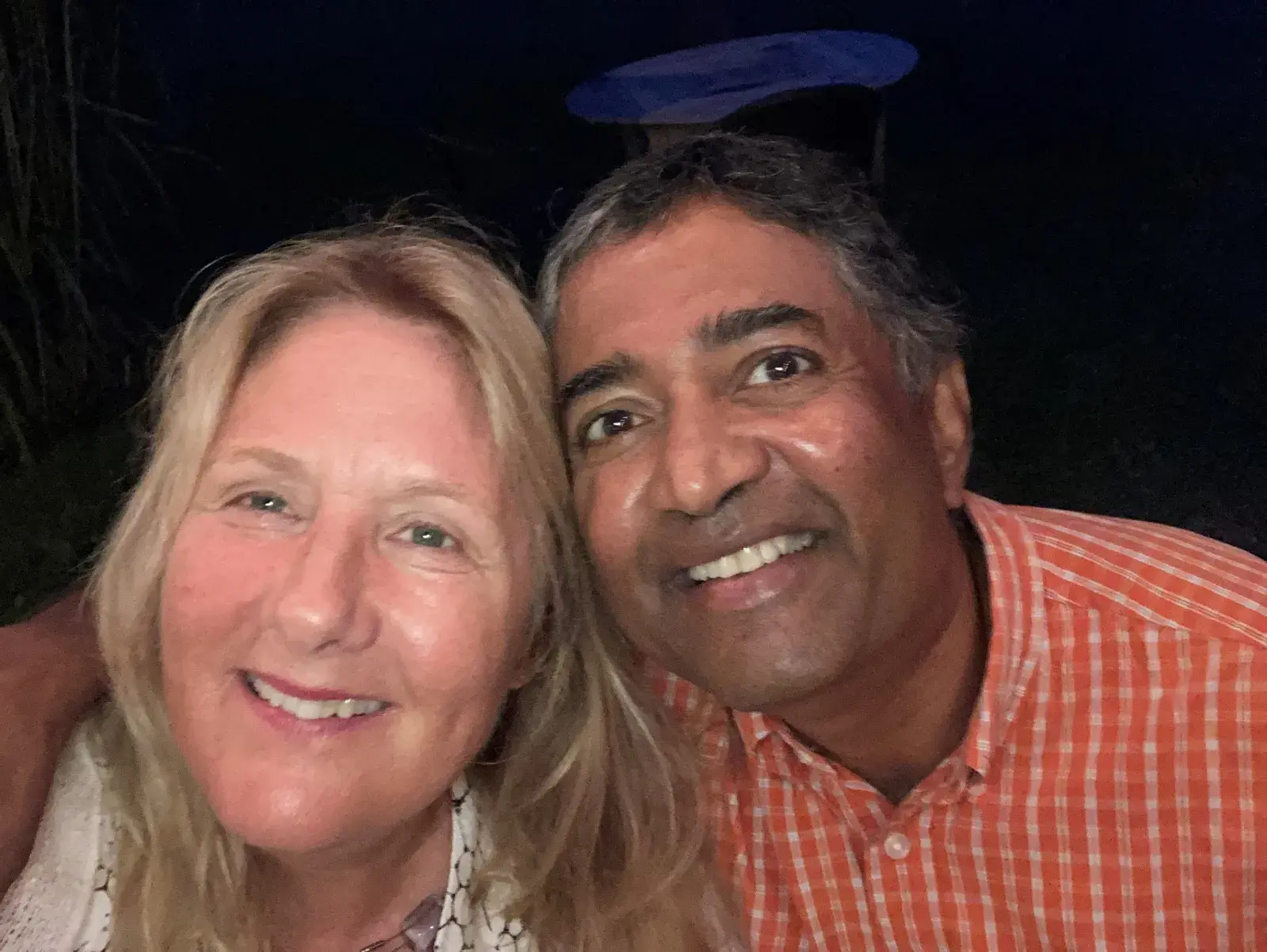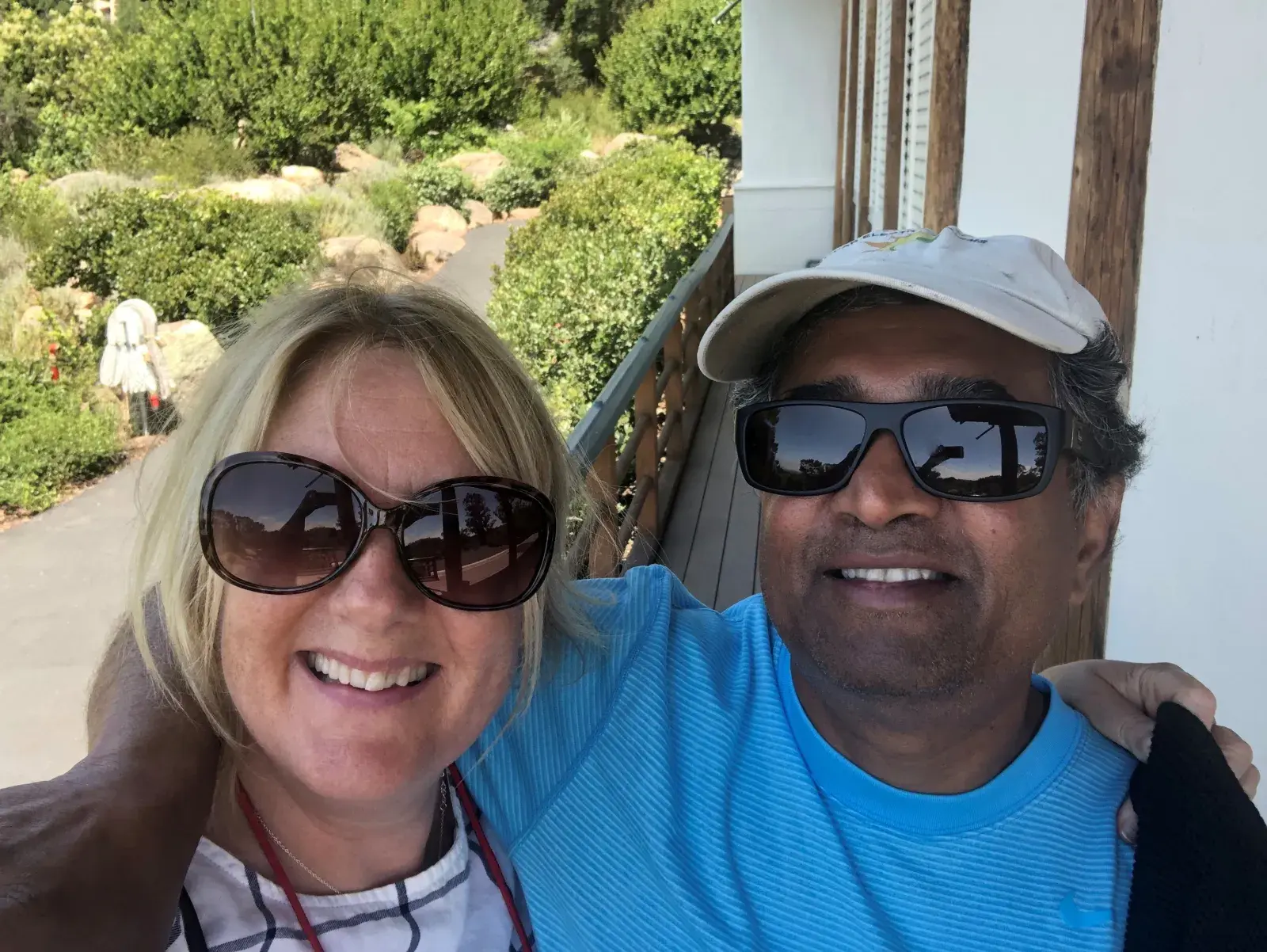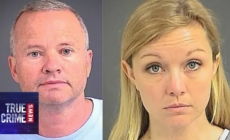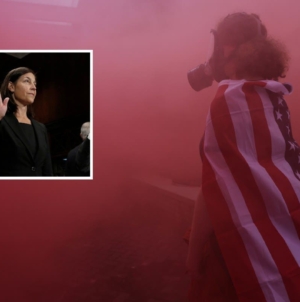-
Trump administration mulling $10 billion aid package for U.S. farmers, sources say - 6 mins ago
-
Who is to blame for Texas's offensive struggles? 😳 Joel Klatt Show - 12 mins ago
-
Who is Karin Immergut? Trump-appointed judge blocking Portland deployment - 14 mins ago
-
Mom drugs son with cold medicine before torching his body amid custody dispute - 31 mins ago
-
Taylor Swift’s “Life of a Showgirl” movie tops the box office with $33 million in U.S. ticket sales - 46 mins ago
-
Danity Kane’s Aubrey O’Day warns aspiring artists after Diddy gets 4-year sentence - 51 mins ago
-
Nick Saban Throws Shade at Patriots Over Mac Jones Failure - 54 mins ago
-
Patriots' 23-20 upset win over the Bills proved they are a playoff team | The Herd - 55 mins ago
-
Hitman reveals bank executive’s plot to kill estranged wife amid torrid affair with former stripper - about 1 hour ago
-
Change in COVID-19 and chickenpox vaccine recommendations - about 1 hour ago
I Found True Love in My 50s, My Fiance Died 5 Days After He Proposed
Walking into the Red Lion Inn in Norman Rockwell’s Stockbridge, Massachusetts, on a snowy Sunday morning, I asked the receptionist for a copy of The New York Times.
“I’m sorry, but the last one’s just been taken,” she said, pointing over her shoulder at a handsome man standing nearby.
He grinned at me sheepishly.
“I’m sorry I took the last paper,” he said, handing me his copy.
“No, no,” I said. “I only get it so I can do the Sunday crossword, because it is so much easier than Saturday’s.”
He agreed, giving me the magazine, which has the crossword in it, and we both started laughing.
It was January 2019. I was 54, happily divorced with two kids in college.
Up until that moment, I’d avoided love, heading swiftly in the opposite direction if I met someone I was attracted to. As I told comedy club audiences, “The key to dealing with a fear of abandonment is to date people you don’t like, so if they do leave you, it doesn’t matter.”
I’d narrated some of the greatest love stories in the world, including “The Complete Novels of Jane Austen” audiobook, but was now (kind of) at peace with the fact that true love was something for other people, something that had passed me by.
And then I met Bhima, who invited me to go on a walk with him in the snow.
Bhima told me he had come to the U.S. from India 30 years earlier to do a Ph.D. in engineering, then later quit corporate America to work in renewable energy. I told him I was adopted and that I had come to the U.S. from England 30 years earlier to find my birth mother, which led to a surprise career as a comedian and later a novelist and audiobook narrator.
“I’ve had one short American marriage and several American girlfriends,” Bhima told me. “But my God, American women are so confrontational. It’s absolutely exhausting!”
“It’s the same with American men,” I said, “who get particularly irritable when packing.”

From that moment we spent every spare moment together. We hiked, listened to jazz, traveled and met each other’s families. We fell in love.
“But we can’t be in love,” I said to Bhima one day.
“Why not?” he asked.
“There’s no friction. We don’t have to negotiate.”
“I know,” he said. “Isn’t it great?”
It was like wearing a shoe that is too tight for your entire life, then finally taking it off. And there we both were, in our 50s, fully in love for the first time in our lives with someone who “got” us. And I knew, in my “knower,” that I had met a man I could trust with my life.
At the end of July 2020, on a walk by a river, Bhima asked me to marry him. We were radiantly happy as we started to plan our life together. Bhima would figure out a way to turn plastics into fuel; I would start writing again. We would spend time with each other’s families, creating a home people would love to come to. We would connect more, not less, with the people we loved.
Five nights later, looking up at the Vermont sky in awe, Bhima said quietly, “We are all made from the stars, Alison. Every living thing comes from stardust.”
The next morning, Bhima said he wasn’t feeling well. We called the doctor, who told Bhima to go to the medical center to take a COVID test. They wouldn’t let me go in with him.
Less than an hour later, I was waiting in the parking lot when a security guard told me they had left Bhima alone in a room and when they came back they found him on the floor in cardiac arrest. Soon after that, Bhima was pronounced dead.
On the surface of things I was functioning well, but in fact I was completely numb. It was the numbness that helped me get through the Zoom funeral and the next few weeks. Unable to work or eat, I lay on my sofa, curled up in a ball, thinking of Bhima.
Then, about six weeks after he died, I heard Bhima’s voice in my head saying, “Alison, don’t waste your time. Life’s short, and you’re alive now. Start by getting into the best physical shape of your life, then it will be time for you to start writing again.”
He could be quite dictatorial when he wanted to be.

So I started running past the rivers and up the mountains where Bhima and I had walked. And then, one day, the numbness thawed and instead of despair, I found myself full of energy and a kind of joy that I did not understand.
The only thing remotely like it, in my experience, is what happens after the pain of childbirth, which is excruciating, but without the pain you wouldn’t have the kids.
I reached out to Archbishop Desmond Tutu, who knew me and my work, and I asked him if he could explain the joy I felt. He urged me to tell this story as widely as possible because “it will bring hope.”
I could hear Bhima’s voice in my head: “You can’t ignore Desmond Tutu, Alison. Just bloody do it!”
So I wrote a new solo show called “Grief… A Comedy,” which was a hit in Edinburgh and London in 2024. Then I wrote a follow-up book of the same name.
“Grief… A Comedy,” the book, starts six weeks after Bhima died, when he shows up at my kitchen table, as charming as ever, determined to help me find love again. It’s imaginary, of course. Or is it?
None of us can know what happens next, but I am sure that when someone we deeply love dies, a part of who they were becomes a part of who we are now.
So if I’m right, and there’s a part of Bhima inside me that’s writing this now, let me leave you with a few words from him:
“The body may go, but the love doesn’t go anywhere. It’s called renewable energy, Alison.
And I don’t care if it’s the end of a long day, you must recycle everything.”
So I did.
Alison Larkin is a comedian, audiobook narrator and the bestselling author of “The English American.” Her new book, “Grief… A Comedy,” is now available in all formats, including audio. Follow her on Instagram or at www.alisonlarkin.com.
All views expressed in this article are the author’s own.
Do you have a personal essay you want to share with Newsweek? Send your story to MyTurn@newsweek.com.
Source link






























